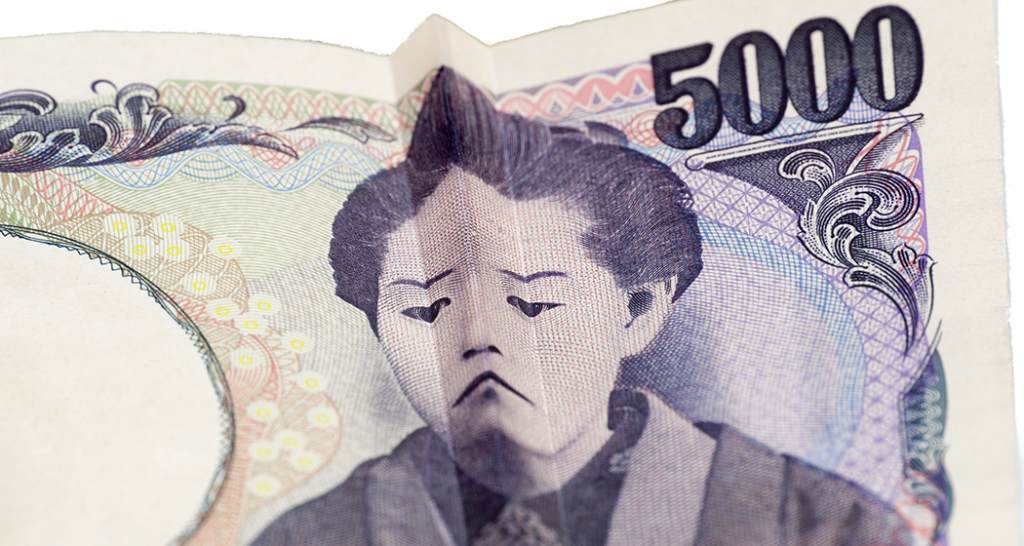
IESE Insight
4 warnings to help avoid another "lost decade"
Could the prolonged pain of Japan's "lost decade" be repeated in Europe? To avoid falling into that trap, improving banks' capitalization and balance sheet quality should be prioritized now — keeping sight of four key lessons learned from Japan.
Comparing the recapitalizations of the Japanese banking sector in the 1990s with those in the ongoing European debt crisis, Viral V. Acharya, Tim Eisert, Christian Eufinger and Christian Hirsch offer up four key policy recommendations to avoid repeating past mistakes.
1. Insuring — or purchasing — troubled assets alone isn't likely to solve the overarching problem of banks' weak capitalization, since adjustments to specific bank needs are not possible. Adding a targeted bank recapitalization program has had good results in the United States, for example.
2. To avoid that banks decrease their loan supply, the amount of bank recapitalization should be based on actual capital shortages (expressed in absolute terms), rather than as a fraction of risk-weighted assets.
3. Significantly restricting the distribution of bank dividends is a must in order to speed up the recapitalization process. That should include the paying out of internal dividends such as employee bonuses.
4. Banks should be encouraged to clean up their balance sheets and reduce the amount of bad (non-performing) loans in order to restore confidence in the European banking system.
Going back to the 1990s, Japan's banking experiences can help guide European policy makers today. This research — published in the book Finance and Investment: The European Case — pinpoints past errors that might be avoided this time around for a quicker economic recovery.
